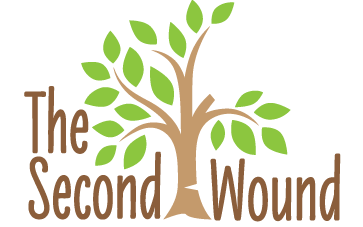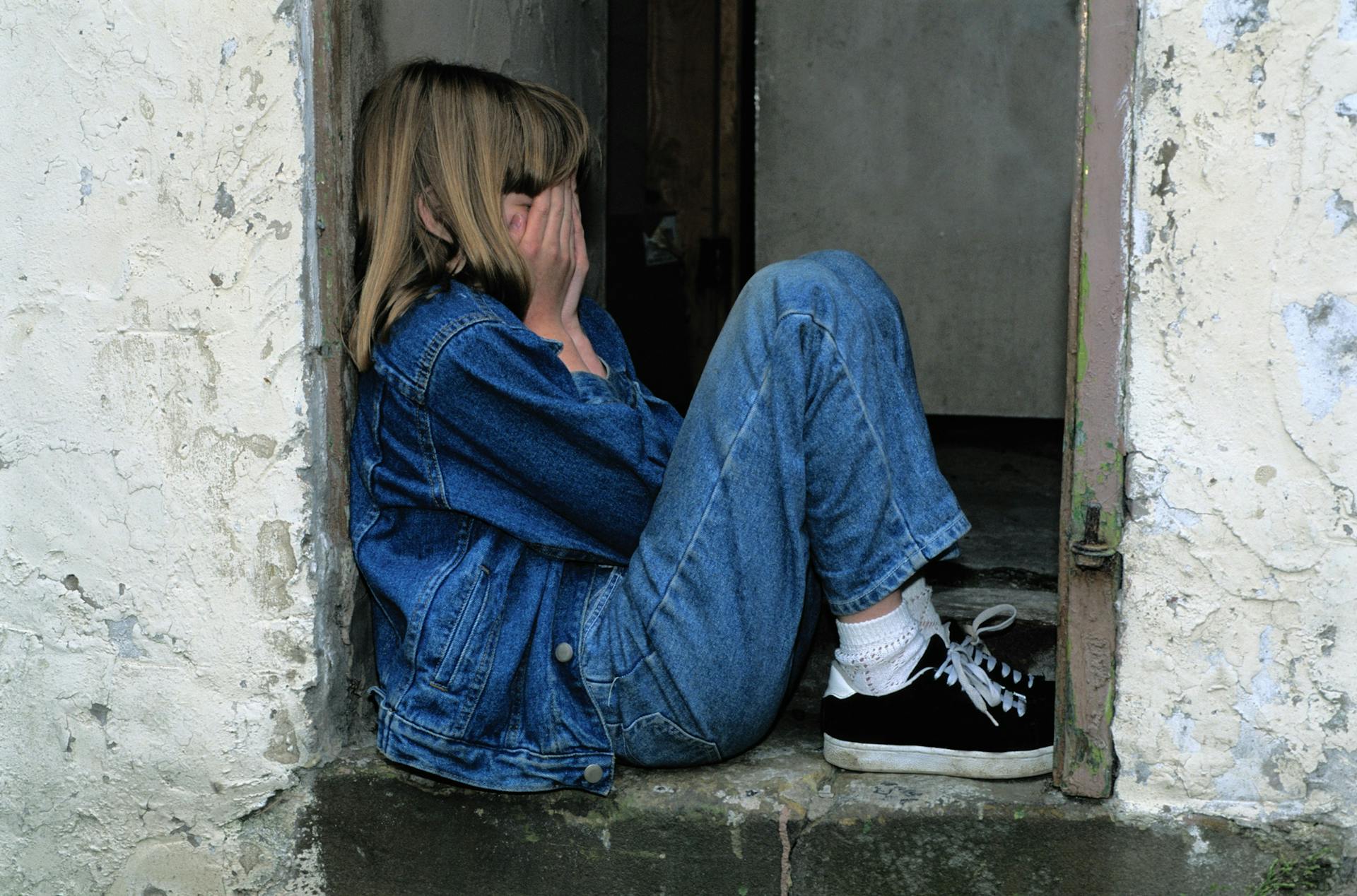Being stuck in the role of the scapegoat is a lonely experience. Your place in the group never really feels secure. You live with a constant sense of being blamed and shamed–even if you can’t point out exactly how, or why it happens. You have probably been told that your feelings are wrong so many times you‘re not sure which end is up or whether you can trust your own instincts. But still, in your gut you know things are not right.
That’s why you chose to speak up in the first place: to bring issues out in the open and hopefully address them together. Sadly, it’s also why you’ve been cast as the scapegoat by those who are hell-bent on denying difficult truths and maintaining the current power structure. As the scapegoat, you are subject to ostracism, victim-blaming, scolding, and shaming. And for some, a campaign of lies and half-truths weaken their perceived credibility both in and outside of the group. It is a painful way to live.
I’ll always remember the pivotal moment in my therapist’s office years ago when I began to fully grasp the consequences of speaking up. I sat trying to take in her words as she did her best to validate my hurt and anger toward members of my family. She explained to me, with empathy and conviction, that my perspective was appropriate. That others were wrong in their behaviors toward me and misguided in their interpretations. She tried to reassure me that I was justified in my feelings and, in fact, on the right track.
I wanted to believe her but wasn’t sure I could. She had presented me with a brand new lens through which to understand my experiences, one that went against the messaging I’d absorbed all my life. I wasn’t ready to buy what she was selling and I needed to play devil’s advocate.
“But…” I sat up straighter, my eyes locked on hers as they brimmed with tears, “when I seem to be the only one seeing it this way–and the people around me are convinced that I’m wrong, doesn’t that tell you something? Isn’t it my job to question myself when I’m all alone in my point of view?!”
My therapist exhaled, then looked back at me with kind eyes and a thoughtful expression. “You have to consider the source”, she told me. “There’s a whole group of people who are joined in their need to see it one way. That doesn’t make them right. It makes you brave.”
What a concept.
In the years since I’ve spent working with abuse survivors, I have watched the same kinds of scenarios play out again and again in other families and groups. The scapegoats tend to be the ones who are brave enough to speak their truths and point out when something is terribly wrong. They keep sounding the alarm in the face of overwhelming pressure to stay quiet. And they continue to stand for what’s right, despite the punishments this brings. Rejection, reverse blaming, and smear campaigns are some of the most common ways truth-tellers pay the price.
I know it’s difficult to feel sure of yourself when you’re being scapegoated, especially by people who matter the most in your life (or once did).
At the same time, it’s important to realize that within the group there are likely people who have been mistreated and/or abused. They have legitimate reasons to feel hurt and angry. But unless you have actually been on the offending side of these systematic behaviors–which is unlikely since scapegoats are generally not the ones who hold power–their hurt and anger are probably misdirected. That’s one of the reasons scapegoats are created: they make an easy target for pent-up frustration and pain. They also distract people in the group from real problems.
Scapegoats play an important and positive role. Like the guileless parade-goer in the classic tale who points out that the Emperor has no clothes, scapegoats tell the truth when nobody else will. And they go against the crowd to do so. Too bad because the entire group would be better off if people had the courage to listen. Someone has to be the brave one, after all, or the entire kingdom would go along with the king’s dangerous delusions, resulting in a culture of denial. And a naked king.
I like to imagine how the fable of the emperor would play out if it were true to life. In my mind, the powers that be and their enablers castigate the truth-teller for speaking up and she is expelled from the kingdom. True to herself, yet alone and abandoned.
But it doesn’t end there. She keeps walking through the gates of the kingdom and on down the road. She is scared and sad at first. But through her travels, she learns to rely on herself. She meets people who are kind and open-hearted. They embrace her morality, humor, and compassion and she appreciates these same qualities in them. Over time, our hero joins a small community of people who value her for the authentic person she is.
She settles in a village where people act out of empathy, humility, courage, and honesty. They do their best to protect the vulnerable and fight against abuses of power. They tackle difficult problems instead of avoiding reality or blaming others. And they offer each other acceptance and genuine love, messy and flawed as it may be. Just as our hero suspected, she finds that this way of life is infinitely more gratifying than the culture of denial and repression she came from.
This story is not a fairy tale. In fact, we all have the ability to go out and find our people: the ones who are willing to live in the truth with us, who know abuse when they see it, and who value morality more than inclusion. Follow your instincts and keep moving forward one step at a time. Even if the “kingdom” you came from does not see your worth, you deserve to be embraced and valued for the strong, wise, upstanding person that you are. I see the price you paid to be true to yourself, and I admire you for it.


The courage and truth in your words bring a peace and comfort to those who came from a similar original kingdom. Thank You!
You are very welcome, Amy. Thank you for letting me know it gave you comfort. That’s why I’m here.
Oh, Miranda, you have no idea how much I needed this article today! (Come to think of it, I’m sure you do.) I’ve always been the scapegoat in my family and they all ended up cutting me off, rejecting me, and telling me to never contact them again. And, of course, they’ve sprinkled in a lot of lies about me … telling people I’m mentally ill and am fabricating false memories. Your words—and your therapist’s words! Wow! Exactly! I so appreciate your story of the truth-teller who leaves the kingdom she grew up in, only to find a new and good one, full of good and true people! It’s going on 5 years that I’ve been banished from “the kingdom” and I’ve been blessed to find a “good and true” tribe who believes, accepts, knows, loves, and supports me. Every once in a while, I still feel pain and grief creep into my heart around my family … especially, around the holidays. So, again, I SO appreciate your powerful and encouraging words. Thank you!
I went from a family of 7 siblings and two parents to having no real contact. I have been outcast in a manipulative way (wishing me Shabbat shalom, happy holidays but nothing more. And if I bring anything up it is ignored.) As long as I dont talk about my brother’s sexual abuse, We are fine. But I can’t just move on without acknowledge what has gone on. And after two and a half years of no real connection I see them for who they are and it’s so hard. Especially with my parents that chose not to see me or my kids for two and a half years. Still didn’t get to the part of feeling brave but I do see that I speak the truth and they are weak for wanting it all to go away and continue as if nothing happened. And yes they have embraced my brother in every way.
How sad, unfair and painful. I’m sorry Rachel. You deserve to be able to live in truth and still have a family. Sending strength.
Thankfully my husbands family have been so supportive through it all. My mother in law (who has thought me what unconditional love really means) wrote to my mother but sadly was shut down by my sibling.
Wow, she really came through for you. How nice that you at least have your husband’s side of the family standing by your side.
i have been the scapegoat for years i spoke up as a kid and was quickly made a villan and have spoke out for my niece now we are both evil i have disconnected myself from brothers and a sister funny thing is they married people who live their truths (not) i had a sister in law i was very close to but she also turned out to make me a scapegoat im all set with the lot of them tired of being the bad guy my trying to stop the abuse has made them hide deeper inside themselves making me the liar my niece was put through hell by her father my brother yet the others rally around him and cast me and her out just wow
It’s like seeing myself in an article. Thank you for this moment of feeling seen and understood. Wow 🙏🏻 I am clearly not alone, what a blessing!
You are in really good company, Katie. I’m so glad you found comfort here.
I needed this today. This is me. Thank you
You’re welcome!
This is a family pattern that has effected generations for us. It keeps the family from changing the pattern by continuing to have a scapegoat. Fortunately, it will no longer be me!
Happy healing, Lia!
when i left and got married my sister had the nerve to say i abandoned them and let her get the abuse instead of me guess i was supposed to never have a life just stay and take it for them all but none of the rest would ever speak out against our abuser instead make me out to to be a liar and trouble maker i dont know how they can live that way
Wish I could find that small community.